
Dr. Marcello Ceccaroni
Dr. Marcello Ceccaroni, Endometriosis Specialist, Gynaecologist, Minimally Invasive Gynecologic Surgeon
City: Verona, Italy
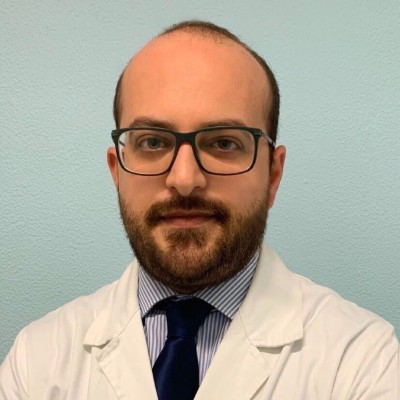
Dr. Antonio Lagana
Dr. Antonio Lagana, Endometriosis Specialist, Gynaecologist, Minimally Invasive Gynecologic Surgeon
City: Sicily, Italy

Dr. Sylvia Mechsner
Dr. Sylvia Mechsner, Endometriosis Specialist, Gynaecologist, Minimally Invasive Gynecologic Surgeon
City: Berlin, Germany

Dr. Jean-Philippe Estrade
Dr. Jean-Philippe Estrade, Endometriosis Specialist, Gynaecologist, Minimally Invasive Gynecologic Surgeon
City: Marseille, France
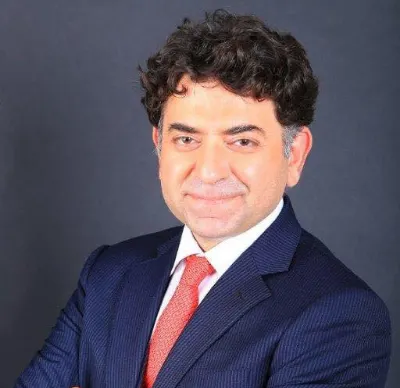
Dr. Afchine Fazel
Dr. Afchine Fazel, Endometriosis Specialist, Gynaecologist, Minimally Invasive Gynecologic Surgeon
City: Paris, France
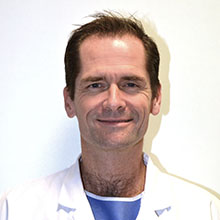
Dr. Olivier Donnez
Dr. Olivier Donnez, Endometriosis Specialist, Gynaecologist, Minimally Invasive Gynecologic Surgeon
City: Avignon, France

Dr. Arnaud Wattiez
Dr. Arnaud Wattiez, Endometriosis Specialist, Gynaecologist, Minimally Invasive Gynecologic Surgeon
City: Dubai, UAE
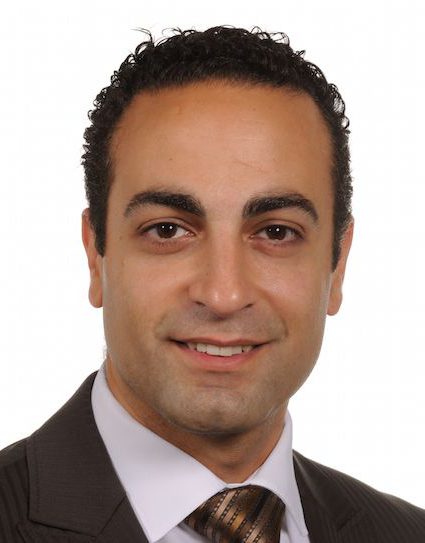
Mr Haider Jan
Mr Haider Jan, Endometriosis Specialist, Gynecologist, Minimally Invasive gynecologic Surgeon
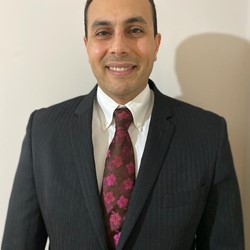
Mr Ahmed El Gohari
Mr Ahmed El Gohari, Endometriosis Specialist, Gynecologist, Minimally Invasive gynecologic Surgeon
City: Kent, England
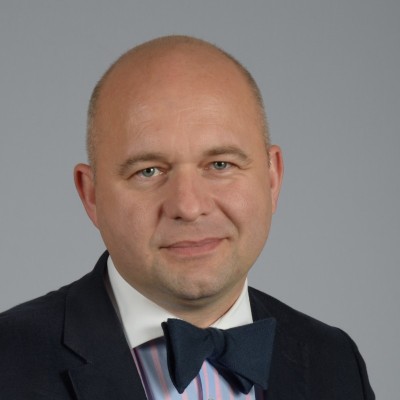
Mr Denis Tsepov
Mr Denis Tsepov, Endometriosis Specialist, Minimally Invasive gynecologic Surgeon
City: London, England

Mr Hassan Morsi
Mr Hassan Morsi, Endometriosis Specialist, Gynecologist, Minimally Invasive Gynecologic Surgeon
City: West Midlands, England
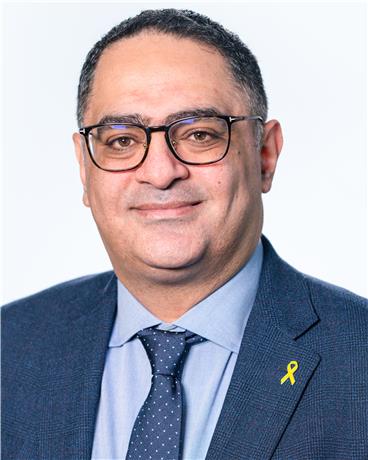
Dr. Mohamed Mabrouk
Dr. Mohamed Mabrouk, Endometriosis Specialist, Gynecologist, Minimally Invasive Gynecologic Surgeon
City: Cambridge, England

